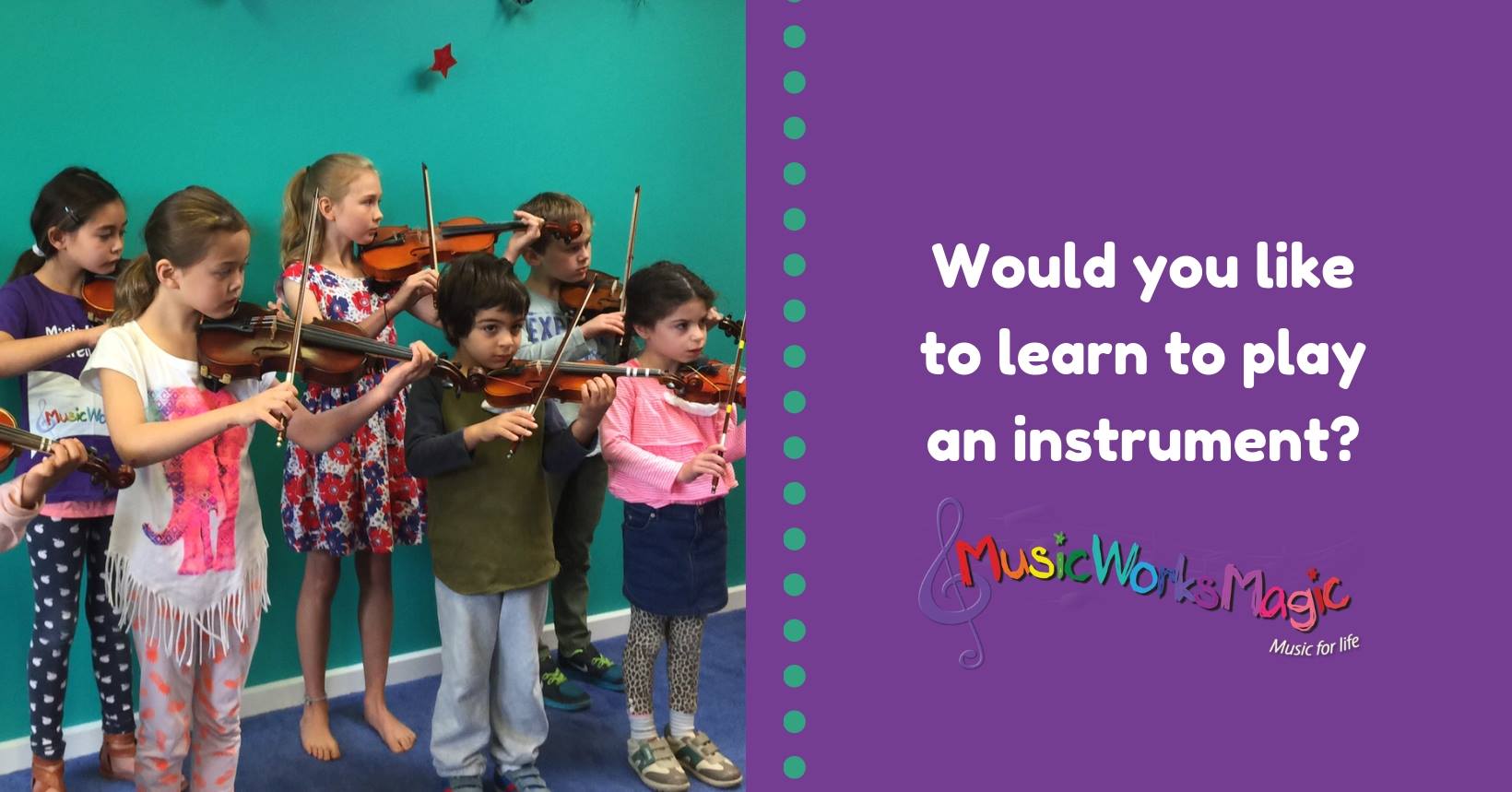To music is to be human. From the moment we are born we use music to communicate and as a
means of self-regulation. Lying alone in our cots we ‘coo’ and vocalise, ‘singing’ to ourselves as a
means of exploration and discovery.
Sadly though, over the generations we have stopped being producers of music and become
consumers – happier to push a button, listen or watch than to actually music* ourselves. More and
more our young are missing out on the opportunity to fully explore their own musicality and reap
the benefits of developmentally appropriate music education.
The evidence is clear, appropriate and effective music education up to the age of 7 enhances brain
development like nothing else and has been shown to increase IQ by up to 17 points! The brain
connections that are built through early immersion in the language of musicking set us up for a
lifetime of learning success.
Recent studies have shown that structured music classes significantly enhance a child’s cognitive
abilities, including short-term memory, planning and verbal intelligence, which all lead to improved
academic performance. Anita Collins from Bigger Better Brains confirms that children learning music show improved language-based reasoning and the ability to plan, organize and complete tasks, as well as improved academic achievement in other areas, such as maths**.
Young children in particular receive great benefit from being surrounded by and encouraged to
practice making all sorts of vocal sounds throughout their day. In today’s world of music
consumption though, parents often aren’t equipped with these vocalisation skills themselves,
making daily musicking in the home understandably quite difficult.
As with anything worthwhile, learning to music with confidence as an adult is a journey that involves a process. By beginning gently with an experienced and encouraging teacher, we can take the required small daily steps immersing ourselves in 100% organic music, learning to listen to ourselves and developing musical memory alongside our children. While parents build and share their musicking confidence with their children everyone will discover the joy and mindfulness that making music brings. Interactive organic musicking and singing with your child will lift your spirits, can help create calm and reset your mind.
This in turn will ensure the next generation reap the magical benefits of music, which is for life.
Music creates and bonds communities – an essential element of the human experience.
- I have used the term music as a verb because the term musician implies someone who plays an instrument or works professionally. Musicker as described by Small (1996) refers to the process of making music.
** Dr Anita Collins – The importance of Music Education – Interview with the ABC , May 2018,
https://www.facebook.com/watch/?v=2057439997840085 - Dr Anna Mlynek-Kalman (PhD., M. Mus., B. Ed., Dip Teach.) is the director of Music Works Magic. She has completed a PhD in Music Education Mentorship, working with early childhood educators through Monash University.
Anna studied pedagogy in the U.S. and taught aural musicianship for five years at Melbourne
University. She consults in schools, runs training courses specifically for adults wishing to gain confidence when working with babies-8yr olds, as well as running sessions for this age group in her studio. Anna also runs the Kodaly preschool teacher training course.
She has produced 5 CDs and accompanying Teachers’ Manuals. Anna donates proceeds from the CDs to The Autism Centre – Learning 4 Life. She has also produced several teacher support books.
Anna is most passionate about inspiring others to create a high quality music education
program that offers a sound developmental, educational base for children from birth.




